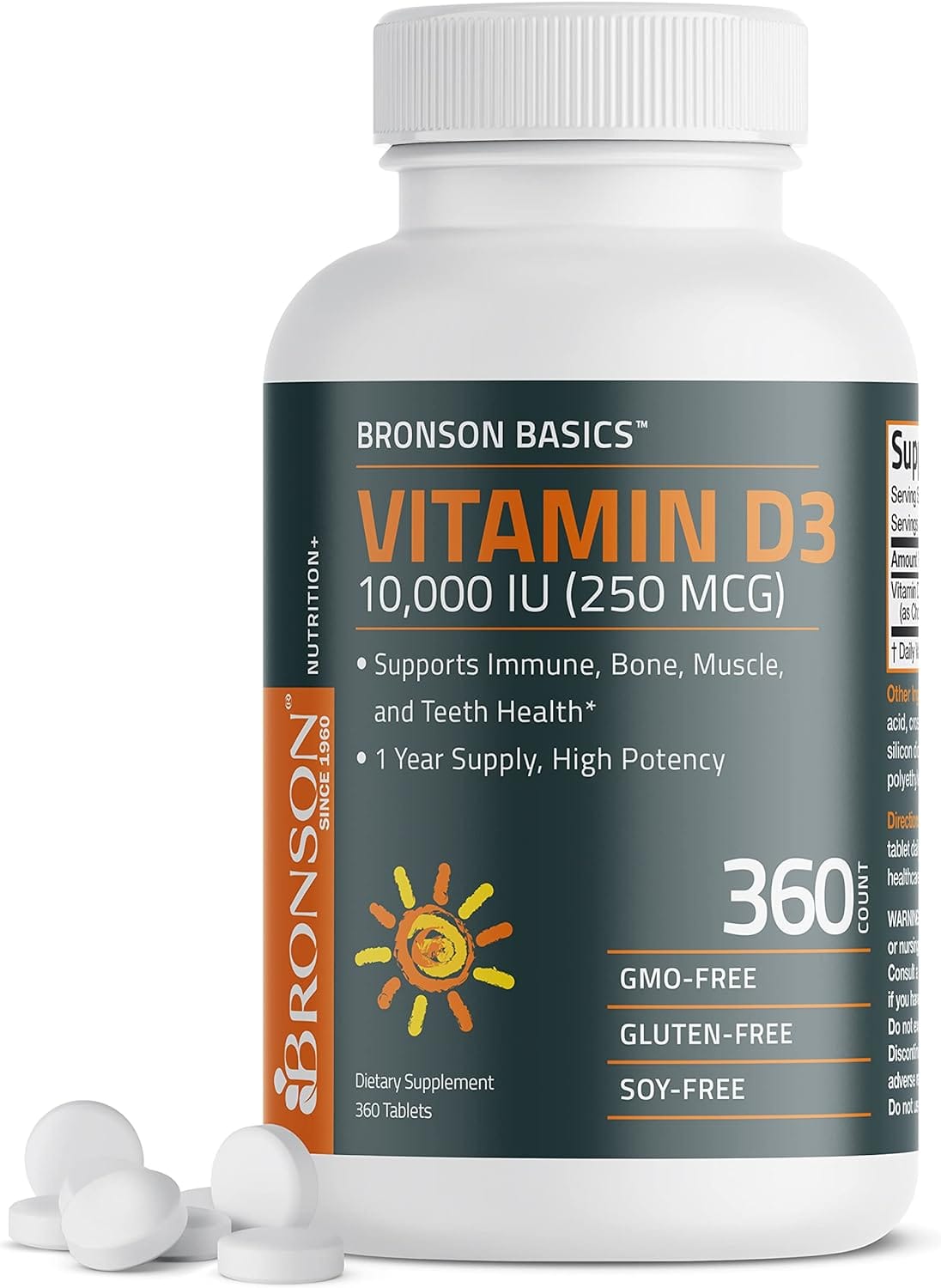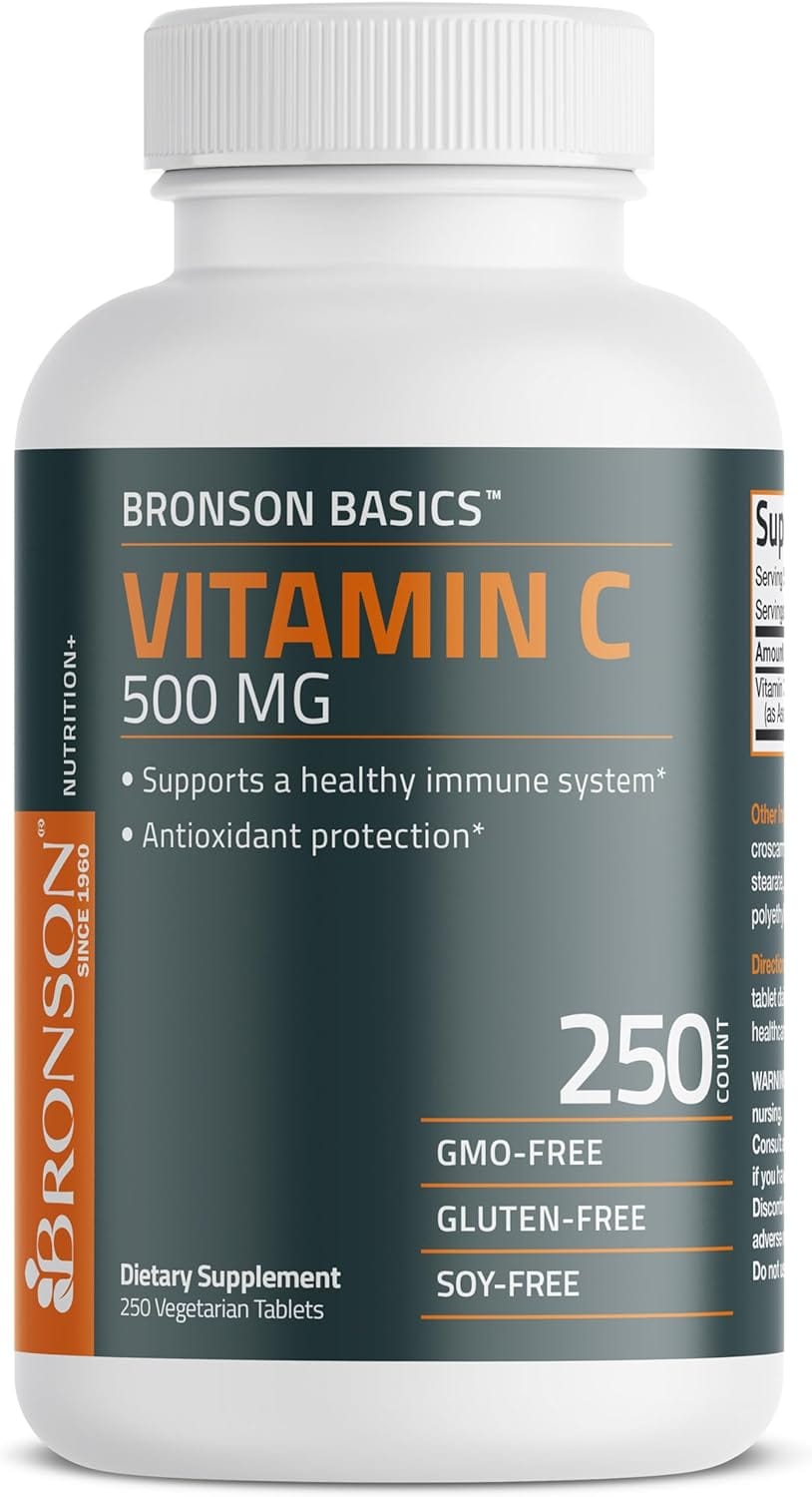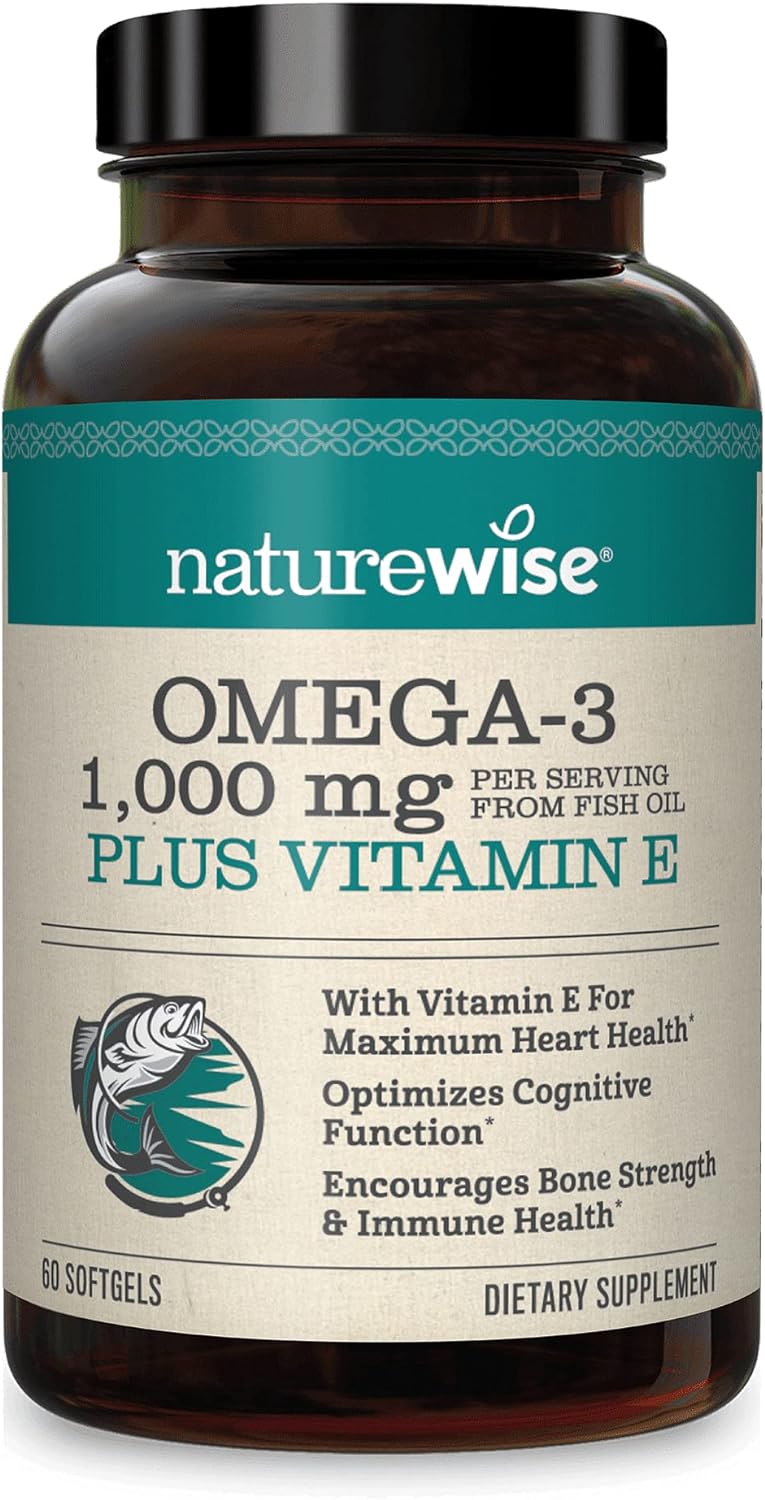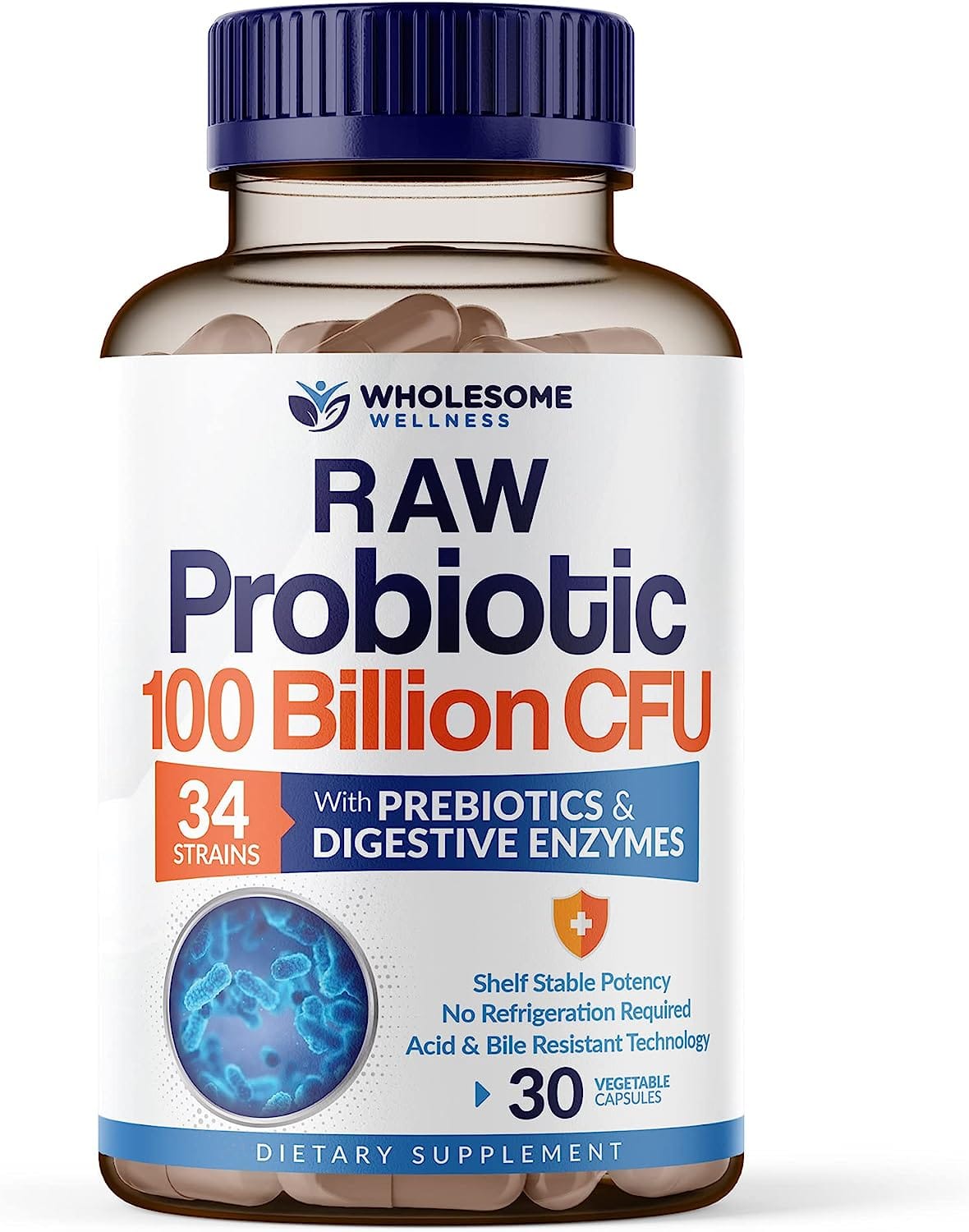As winter approaches, it’s important to take care of your health and well-being. One way to do this is by incorporating supplements into your daily routine.
Supplements can help boost your immune system, improve your mood, and give you the energy you need to get through the colder months.

For women, there are specific supplements that can be particularly beneficial during the winter.
Vitamin D is one of the most significant supplements for women to take during the winter months.
This is because our bodies produce vitamin D when exposed to sunlight, and during the winter, we tend to spend less time outdoors.
Vitamin D can help improve bone health, boost your immune system, and even improve your mood.

Bronson Vitamin D3 10,000 IU (250 MCG) 1 Year Supply for Healthy Muscle Function and Immune Support
- High Quality & Great Value: Bronson Basics Vitamin D3 provides 10,000 IU of D3 per tablet in a 1 year supply bottle.
- Trusted Since 1960: The pioneers of Bronson Vitamins were a group of pharmacists who witnessed the benefits of vitamins and mineral supplementation firsthand with their patients. Bronson Vitamins have been consistently mentioned by top medical professionals since our inception in 1960.
Another significant supplement for women to take during the winter is vitamin C.
This vitamin is known for its immune-boosting properties and can help prevent and reduce the severity of colds and flu.
Additionally, vitamin C can help improve skin health and even reduce the risk of chronic diseases such as heart disease and cancer.

Bronson Vitamin C 500 MG Supports a Healthy Immune System & Antioxidant Protection
- Superior Quality: Laboratory tested GMO-Free, Gluten-Free and Soy-Free. Bronson products are in-house tested and carefully manufactured by trained professionals in our state-of-the-art facility that is located in Hauppauge, New York.
- Bronson Basics Vitamin C provides 500 MG of C as Ascorbic Acid per vegetarian tablet to support a healthy immune system and promote antioxidant protection.* We strive to support your good health and well-being through high quality supplements at the best value..

Why Winter Supplements are Essential for Women
Winter can be a tough time for women, especially when it comes to maintaining their health and wellness.
The cold weather, shorter days, and lack of sunlight can all take a toll on your immune system, leaving you more vulnerable to illness and infection.
That’s why it’s essential to take supplements during the winter months to help support your body’s natural defenses and keep you feeling your best.
One of the most important supplements to take during the winter is vitamin D.
Your body produces vitamin D when your skin is exposed to sunlight, but during the winter months, it can be challenging to get enough of this essential nutrient.
Taking a vitamin D supplement can help support your immune system, improve bone health, and even reduce the risk of certain diseases.

Bronson Vitamin D3 10,000 IU (250 MCG) 1 Year Supply for Healthy Muscle Function and Immune Support
- High Quality & Great Value: Bronson Basics Vitamin D3 provides 10,000 IU of D3 per tablet in a 1 year supply bottle.
- Trusted Since 1960: The pioneers of Bronson Vitamins were a group of pharmacists who witnessed the benefits of vitamins and mineral supplementation firsthand with their patients. Bronson Vitamins have been consistently mentioned by top medical professionals since our inception in 1960.
Another essential supplement for women during the winter is vitamin C.
This powerful antioxidant helps protect your body against free radicals, which can cause cellular damage and contribute to a range of health problems.
Vitamin C is also essential for collagen production, which is crucial for maintaining healthy skin, hair, and nails.

Bronson Vitamin C 500 MG Supports a Healthy Immune System & Antioxidant Protection
- Superior Quality: Laboratory tested GMO-Free, Gluten-Free and Soy-Free. Bronson products are in-house tested and carefully manufactured by trained professionals in our state-of-the-art facility that is located in Hauppauge, New York.
- Bronson Basics Vitamin C provides 500 MG of C as Ascorbic Acid per vegetarian tablet to support a healthy immune system and promote antioxidant protection.* We strive to support your good health and well-being through high quality supplements at the best value..
In addition to vitamin D and C, there are several other supplements that women should consider taking during the winter.
These include:
- Zinc: This mineral is essential for immune system function and can help reduce the duration and severity of colds and flu.
- Omega-3 fatty acids: These healthy fats are essential for brain health, heart health, and reducing inflammation in the body.
- Magnesium: This mineral is crucial for maintaining healthy bones, muscles, and nerves, and can also help reduce stress and anxiety.
Overall, taking supplements during the winter can help support your immune system, improve your overall health and wellness, and reduce the risk of deficiency-related health problems.
Talk to your doctor or a qualified healthcare professional to determine which supplements are right for you and your specific needs.

Omega 3 Supplement for Heart, Brain, Eye, Joint, Bone & Immune Support for Men & Women, 60ct – 30 Day Supply
- Synergistic Heart Health Support: Together, Omega 3 and Vitamin E work to maintain healthy cholesterol levels, support blood pressure within a normal range, and support overall heart health.
- Optimal Vision Protection: Omega 3 may contribute to maintaining healthy eyes, reducing the risk of age-related vision problems. Vitamin E, with its antioxidant prowess, helps protect the delicate structures of the eyes as you age.

Key Supplements for Women in Winter
When the temperature drops, you may find yourself more susceptible to colds and flu.
Fortunately, there are a number of supplements that can help support your immune system, keep your energy levels up, and help you stay healthy throughout the winter months.
Here are some key supplements that women should consider taking during the winter.
Vitamins
Vitamins are essential to maintaining good health. During the winter, it’s especially important to make sure you’re getting enough of certain vitamins, including:
- Vitamin C: This powerful antioxidant can help support your immune system and reduce the duration and severity of colds and flu.
- Vitamin D: Since it’s difficult to get enough vitamin D from food sources alone, many women may benefit from taking a vitamin D supplement during the winter months. This vitamin is important for maintaining strong bones and teeth, and it can also help support your immune system.
- B-complex vitamins: B vitamins play a crucial role in energy production and can help combat fatigue and seasonal affective disorder (SAD).
Minerals
Minerals are also important for maintaining good health. Some key minerals to consider taking during the winter include:
- Calcium: This mineral is essential for maintaining strong bones and teeth.
- Zinc: Zinc is important for immune function and can help reduce the severity and duration of colds and flu.
- Iron: Many women are deficient in iron, which can lead to fatigue and other health issues.
Probiotics
Probiotics are beneficial bacteria that live in your gut and help support your immune system and digestive health.
During the winter months, it’s especially important to make sure you’re getting enough probiotics to help keep your immune system strong and healthy.
You can get probiotics from fermented foods like yogurt, kefir, and sauerkraut, or you can take a probiotic supplement.

Organic Probiotics 100 Billion CFU, Dr Formulated Probiotics for Women
- 100% Raw Probiotics, Organic Prebiotics And Digestive Enzymes: Our Dr Formulated probiotic is made with genuine prebiotics, digestive enzymes, and probiotics A complete once daily probiotic supplement.
- Doctor Formulated Probiotic Supplement: Our one-a-day whole food probiotic with digestive enzyme & prebiotic fiber is Dr. formulated for an optimal blend of ingredients
- Assured Standard Of Quality & Safety: Made in the USA in a UL, GMP certified facility labs.
In addition to these key supplements, a high-quality multivitamin can help ensure you’re getting all the vitamins and minerals you need to stay healthy during the winter.
Omega-3 fatty acids, folate, niacin, pantothenic acid, riboflavin, cobalamin, ascorbic acid, and magnesium are also important nutrients that can help support your overall health and wellbeing.
As always, be sure to talk to your healthcare provider before starting any new supplement regimen.

The Role of Diet in Winter Nutrition
During winter, it’s essential to maintain a healthy diet to keep your body functioning optimally.
A balanced diet with a variety of nutrients can help you fight off illnesses and keep your energy levels up.
Here are some dietary recommendations to help you stay healthy during the winter months.
Dairy Products
Dairy products such as milk, cheese, and yogurt are excellent sources of calcium, which is essential for maintaining strong bones. They are also rich in vitamin D, which helps your body absorb calcium.
Vitamin D is especially important during the winter months when sunlight exposure is limited.
Nuts and Seeds
Nuts and seeds are great sources of healthy fats, protein, and fiber.
They also contain vitamins and minerals that are essential for maintaining good health. Almonds, walnuts, and sunflower seeds are all excellent choices.
Fruits and Vegetables
Fruits and vegetables are packed with vitamins, minerals, and antioxidants that can help boost your immune system and keep you healthy.
Citrus fruits are an excellent source of vitamin C, which is essential for fighting off colds and flu.
Broccoli and sweet potatoes are also great choices, as they are high in vitamin A and vitamin C.
Beans and Legumes
Beans and legumes are excellent sources of protein, fiber, and complex carbohydrates.
They are also rich in vitamins and minerals such as iron, magnesium, and zinc. Lentils, chickpeas, and kidney beans are all great choices.
Liver
Liver is an excellent source of vitamin A, which is essential for maintaining healthy skin and eyes. It is also rich in iron, which is essential for maintaining healthy blood.
Carbohydrates and Grains
Carbohydrates and grains are essential for providing your body with energy. Whole grains such as brown rice, quinoa, and oats are excellent choices.
They are high in fiber, which can help keep you feeling full and satisfied.
Chicken and Mushrooms
Chicken is an excellent source of protein, which is essential for maintaining healthy muscles and bones. Mushrooms are also a great choice, as they are rich in vitamin D.
In conclusion, maintaining a healthy diet is essential for staying healthy during the winter months. Incorporating a variety of nutrient-dense foods into your diet can help you fight off illnesses and keep your energy levels up.



